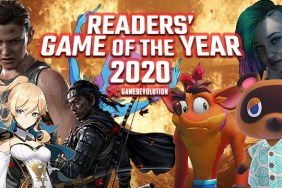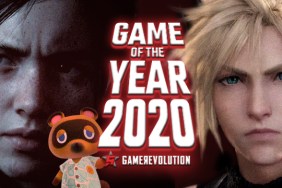Be sure to comment below and share with us your favorite gaming moments from the current generation!
GameRevolution's Favorite Moments Of This Generation
-
The Dead Island Trailer
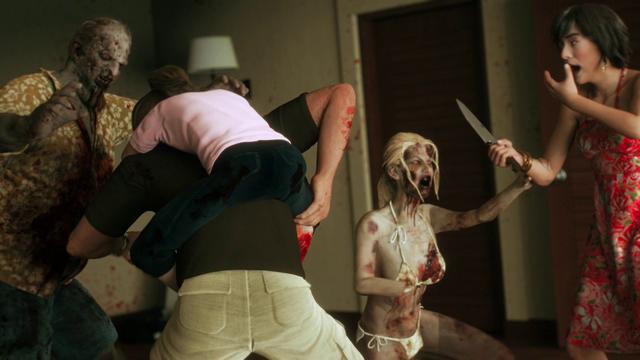
rnThe original Dead Island trailer was probably one of the greatest short films I've ever seen in my life. Half forward, half backward in slow motion, telling the tragic story of a family attacked by zombies—it had the emotional content of a season of The Walking Dead spun into a three-minute segment. It is probably directly responsible for 90% of the game's sales.
rn
rnThat the game had nothing to do with it... well, that's just the power of marketing.
rn
rn~ Blake Peterson -
Metal Gear Solid 4\'s Return to Shadow Moses
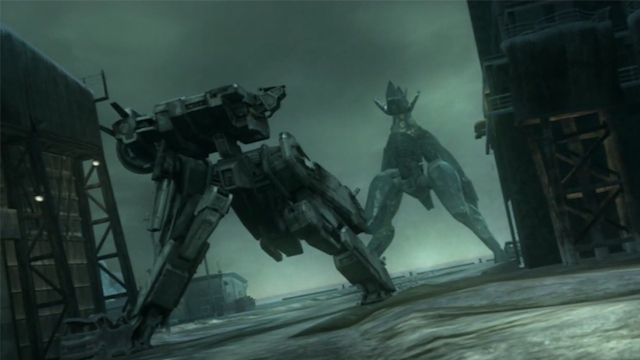
rnKojima Productions intelligently prefaced this moment by inserting the original section of Solid Snake's adventure on the island, complete with the original low-resolution Metal Gear Solid graphics to ramp up the nostalgia factor. When Old Snake arrives at the facility ten years later and perhaps 30-40 years older due to accelerated aging, the facility is as broken and worn down as he is. Kojima twists the knife by having the end theme song from MGS, "The Best is Yet to Come," play through this section. I literally cannot play this section without sobbing a big, old set of tears.
rn
rnAny sense of emotional desolation from that section is offset by the absolutely incredible boss fights that follow: the sniper Beast battle, taking down Vamp in the Rex hanger, and the mecha battle where you club Liquid Ocelot's Metal Gear Ray with an old worn out Metal Gear Rex. Fuck Yes.
rn
rn~ Blake Peterson -
Spec Ops: The Line\'s Plot
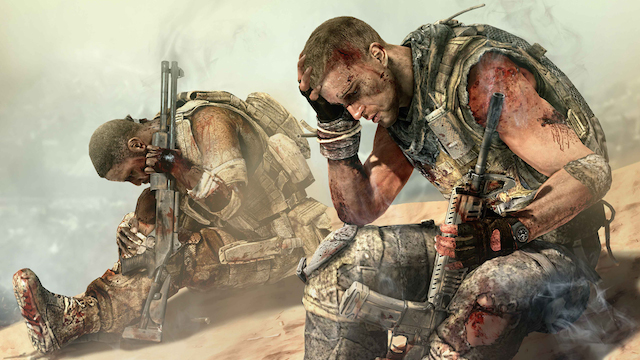
rnLast year, I played BioShock for the first time, and believe it or not, I did not know the big twist. When it came, my jaw dropped to the floor in a manner I didn't believe could be repeated. I was wrong.
rn
rnJust a few months later, I played Spec Ops: The Line when it released. It seemed like it was your average military third-person shooter, but the story made it anything but. When I learned that Captain Walker was suffering from PTSD and was seeing and hearing things that were not there, which made him make horrible decisions and literally make everything worse in Dubai, I had to put down my controller and walk away.
rn
rnUsually, you're the hero of the game, so it was unsettling to realize that you were actually the villain. It made it worse that you believed what you were doing was right. It really punctuated the fact that the road to hell is paved with good intentions. To make it even worse, the game constantly flaunted it in your face at every load screen with uplifting phrases such as, "It's all your fault," and "How many Americans have you killed today?"
rn
rn~ Keri Honea -
BioShock\'s Twist
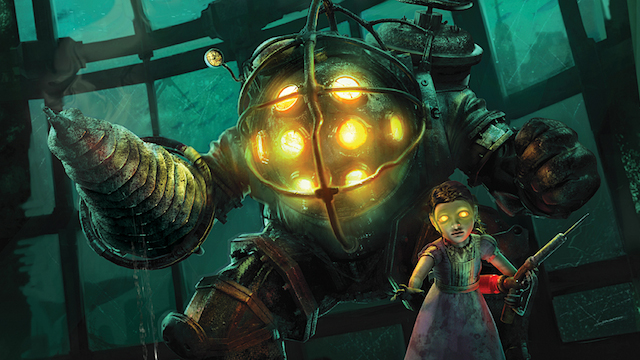
rnFew experiences this past generation have rattled my cage as much as Irrational Games' mind-blowing twist toward the end of BioShock. To realize I was merely a puppet in this underwater hell the entire time was a complete surprise, casting an entirely new light on everything I had done in the game up to that point. This incredible moment will be remembered for years to come, putting even the iconic film works of M. Night to shame.
rn
rn~ Alex Osborn -
Nier\'s Enemies
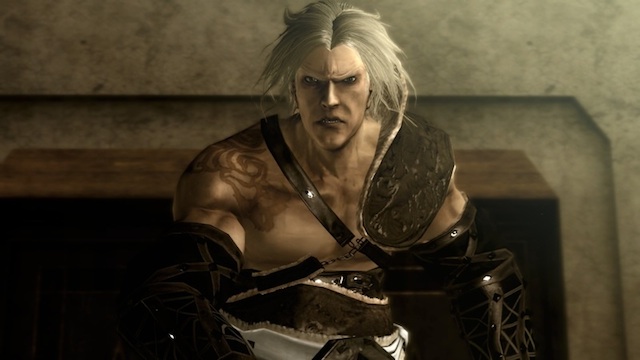
rnIn playing through Nier one time, you'll see a world full of sorrow and a story that delivers gut punch after gut punch. Begin playing again, however, and the demonlike enemies, the "shades" that are your foes all game long, get subtitled dialogue. As it turns out, in Nier's distant-future setting, the shades are actually what humans evolved into and the game's main characters are something else.
rn
rnTo spend hours hearing "watch out for shades," and "oh, but there might be shades over there," and then to have that bomb dropped on you? That those are the evolution of mankind? Ouch.
rn
rnNier's story and world were already amazing, but that extra twist learned upon your second playthrough really turns up the impact.
rn
rn~ Heath Hindman -
Journey: The Apotheosis
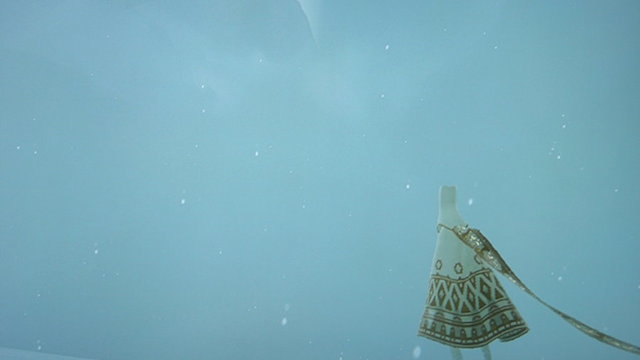
rnThough only about two hours long, Journey packed an emotional punch as powerful as many other 50-hour epics. Using only non-verbal communication, we learn and grow along with our red-cloaked avatar. I hadn't realized how attached I'd become to the character until he/she is walking up the snowy mountain. Wind right in the face and visibly exhausted, our hero just... collapses.
rn
rnAs soon as the first knee hit the ground, I let out a loud "Nooo!" as manly man tears began to well up behind my eyes. This could not be happening.
rn
rnBut then, figures in white stand around our avatar and send him/her rocketing upwards, riding on the backs of virtually every "character" (those pieces of fabric that act like fish, birds, or whatever you choose to interpret them as) that helped us on our way shows up to give us one final push toward the top of that mountain. Salty water on my face, angry at the pain this mountain had put my friend through, I cheered, "You GET up there buddy! You GET UP there!" as the hero finally reached the summit.
rn
rn~ Heath Hindman -
Playing Motorstorm Apocalypse for the first time in 3D

rnI am not ashamed to admit that my most memorable moment of this console generation is an entirely superficial one. I purchased a relatively cheap 3D TV around the time of the London 2012 Olympics, in order to cheer on the United Kingdom in the third dimension. After remembering that the PlayStation 3 supported stereoscopic 3D, I began to root through my collection of video games to see if any were compatible, eventually rediscovering the underrated racing game Motorstorm Apocalypse.
rn
rnUnfortunately, 3D gaming is now on its way out, with Sony scaling back their support of it and Nintendo's release of the 2DS all but confirming that they're following suit. In truth, very few games utilized the technology well, but if your only experience of 3D gaming was playing Motorstorm Apocalypse, you'd swear that it was the future of gaming.
rn
rnShrapnel and debris come flying out of the TV, rival cars crash and burn around you, and the crumbling terrain which you race across comes falling down beneath you. With the addition of 3D, each race in Motorstorm Apocalypse becomes a 5- to 10-minute-long adrenaline rush, and I'll never forget the first time I experienced it.
rn
rnThere are many other moments in this console generation which have stuck with me, but this is the only one that I think would melt the eyeballs of my younger self if I showed it to him back in the '90s, so for that reason it's my pick of the bunch.
rn
rn~ Paul Tamburro -
Choosing To Aid The Killer In Persona 4 Golden
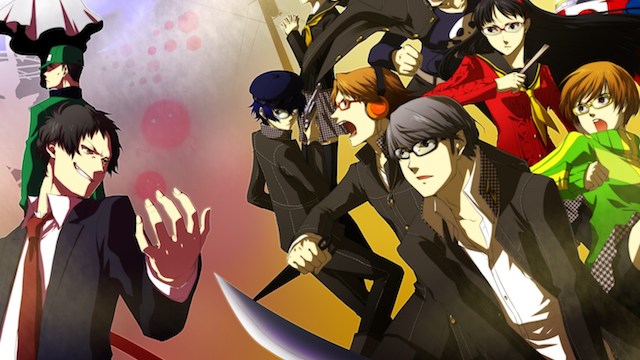
rnOnce players have caught up with Taro Namatame, delivery truck driver with a penchant for tossing people into the TV World to "save" them, they're given the chance to end the murder cycle and pass judgment on their culprit. Yosuke Hanamura, ever the loyal sidekick to Persona 4's main character, is all too eager to give Namatame the heave-ho.
rn
rnI played the game once normally and saved the day, but Persona 4 Golden gives you the opportunity to befriend the real killer, dispose of Namatame after he's been arrested for the murders, and even laugh about it afterward. This "Accomplice Ending" was easily one of my favorite moments in the past generation.
rn
rn~ Daniel Bischoff -
Rock Band Parties

rnLike most things when we were teenagers, the Guitar Hero and Rock Band craze was just a phase. In my closet and underneath my bed, the numerous plastic guitars and drum sets lay scattered and gathering dust, and the hard drive on my Xbox 360 still holds 10 gigabytes of Rock Band DLC, more than $250's worth of additional content. And while there's a part of me that looks at this as a wasteful venture, much like my collectible card collections, the better part of me looks fondly at the countless Rock Band parties I had.
rn
rnAlmost every GameRevolution office party held in my first four years as an editor had us rocking out for hours as we unleashed star power together, blasted rock anthems throughout the neighborhood, and tried to play drums while drunk out of our minds. It's a phenomenon that will likely never happen again in any future console generation, but it's the one thing in this console generation that I'll treasure the most.
rn
rn~ Nick Tan -
The End of The Walking Dead: Episode 2
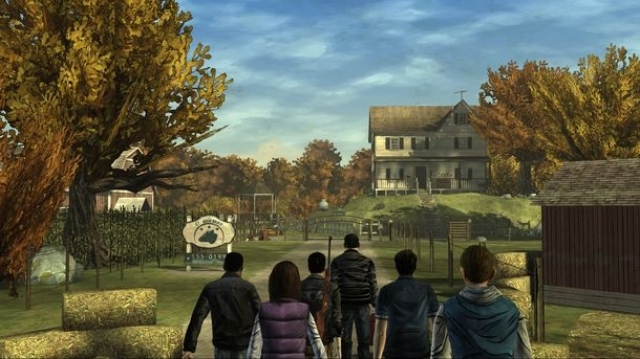
rnThe end of The Walking Dead: Episode 2 by Telltale Games was a punch to my moral gut. It forces you to make two decisions back-to-back, which really revealed who you were as a person. The first decision was whether or not to kill a man who tried to kill you. The second was whether or not you take the food and supplies from an abandoned car in the middle of nowhere.
rn
rnThe man who tried to kill you was obviously evil, but many gamers chose to let him go due to some moral attachment with human life. However, when faced with a car that very obviously had people in it only a short while ago, most gamers chose to give into their hunger and desperation and steal the supplies, rationalizing that the only reason a car would be left with its headlights on would be if the owners were already dead.
rn
rnBut what if they weren't dead? Isn't taking their supplies the same as killing them? Aren't we all just being hypocrites? Aren't we all really willing to kill, as long as we don't have to see ourselves doing it? Those are the questions that The Walking Dead: Episode 2 made me ask.
rn
rn~ Angelo D'Argenio -
The Witcher 2: Assassins of Kings: A decision you make is the difference between a party and a race riot when you return to town
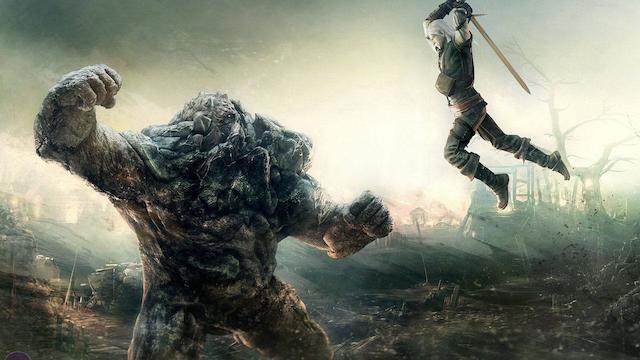
rnIn the first major area of The Witcher 2, you have just a few seconds in a story decision near the end to free the Elven terrorist, Iorveth, or leave him tied up to be taken in by Temerian Special Forces. This doesn't effect the fight that follows, with the game's antagonist, Letho, at all. However, when you return to town it completely changes everything in the environment.
rn
rnIf you choose to leave him tied, the town rejoices that a violent criminal has been captured, though it's intimated that the townsfolk are getting rowdier and more violent towards the Elves and Dwarves in town.
rn
rnIf you choose to help Iorveth escape when you return to town, the ghetto where the other races live is on fire, and they are being directly persecuted.
rn
rnThese kinds of changes continue throughout the game, all the way to the end. Depending on choices you make, large or small, you can miss entire character arcs. That one choice above, though, was the one that convinced me that this game handled choice differently from others.
rn
rn~ Blake Peterson -
Valkyria Chronicles Changes Tactical RPGs
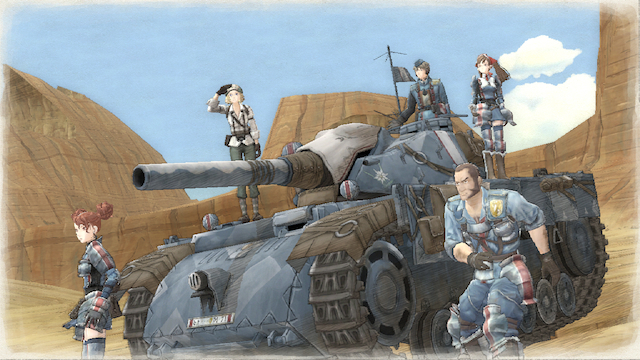
rnMost tactical RPGs take place on a grid of squares—you know, your stuff like Fire Emblem, Disgaea, Final Fantasy Tactics, and so on. One character moves while everyone else just stands still and lets life happen to them. Phantom Brave on PS2 was a rare exception in its increased freedom of movement, but on the whole didn't turn its whole genre on its head like 2008's Valkyria Chronicles.
rn
rnTaking a cue from real-time strategy games, Valkyria allowed most units to take defensive actions when it wasn't their turn. It doesn't sound like much on paper, but if you play tactical RPGs, you quickly realize that this is a game changer. The first time Welkin takes to the field with the Gallian army behind him, you understand the difference. And if you don't, you die.
rn
rn~ Heath Hindman -
Gravity Rush Tells Physics Where To Stick It
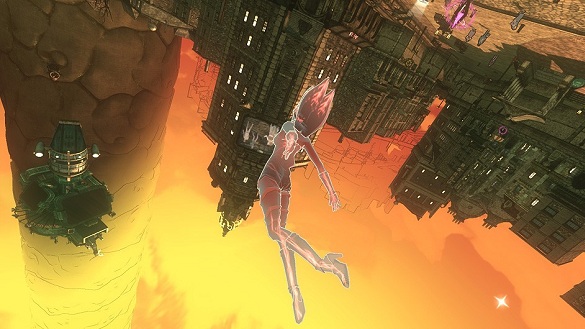
rnSure, a lot of games feature characters that can fly. Point any direction and off you soar. Gravity Rush, on the other hand, gave us Kat, who controls her own gravitational pull instead of simply telling her body which way to go. This sends Kat free falling through the air instead of zooming forcefully under jet propulsion. Anywhere Kat goes, she'll have to FALL to get there. To change directions isn't a matter of turning that way, but a matter of stopping and changing the direction from which gravity is pulling her. With this feature, simply navigating the world of Gravity Rush became an unexpected source of fun. The feeling made a lasting impression. For me, those moments of falling are among the most memorable of the generation.
rn
rn~ Heath Hindman







